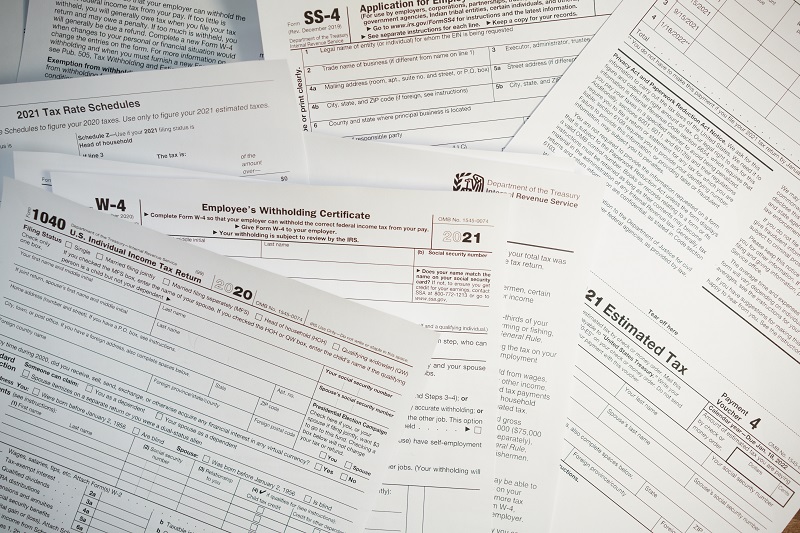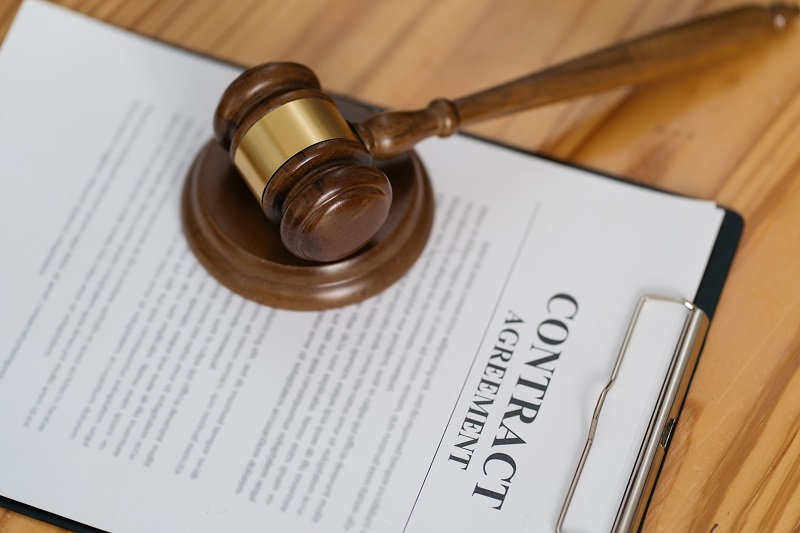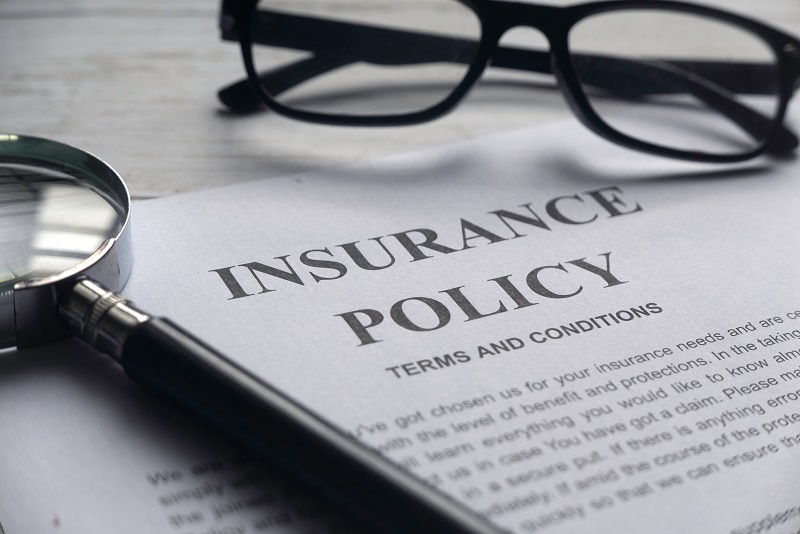Starting a credit repair business in New Jersey requires a solid understanding of the legal framework. In this article, we will delve into the laws and regulations that apply to credit repair businesses in New Jersey, providing you with valuable insights to help you establish a successful and compliant business.
Business Registration

Register your business with the New Jersey Division of Revenue and Enterprise Services. Choose a legal structure (LLC, corporation, partnership, or sole proprietorship) and register your business name.
Register Your Business:
Register your business with the New Jersey Division of Revenue and Enterprise Services:
Once you’ve decided on a legal structure, you’ll need to register your business with the New Jersey Division of Revenue and Enterprise Services. You can do this online through their website by selecting the “File Business Formation” option under “Top Services” on the main page. Follow the instructions to complete the registration process.
Register with the New Jersey Division of Consumer Affairs:
Depending on your specific credit repair services, you may need to register with the New Jersey Division of Consumer Affairs. Visit their website to learn more about the registration requirements for your business.
Obtain an EIN

Apply for an Employer Identification Number (EIN) from the Internal Revenue Service (IRS). You’ll need this for tax purposes and other legal documentation
To Apply For an EIN Online, Follow These Steps:
- Go to the IRS website and search for “Apply for an Employer Identification Number (EIN)”.
- Click on the “Apply Online Now” button.
- Select the type of entity for which you are applying for an EIN (e.g., sole proprietorship, partnership, corporation, etc.).
- Fill out the online application with the required information, including your name, address, social security number or individual taxpayer identification number (ITIN), and business information.
- Review and submit the application.
- Once the application is complete, you will receive your EIN immediately. Make sure to save a copy of the confirmation notice for your records.
To Apply For an EIN By Mail, Fax, or Phone, Follow These Steps:
- Download and fill out Form SS-4, Application for Employer Identification Number, from the IRS website.
- Submit the completed form by mail, fax, or phone, using the contact information provided on the form.
- Wait for the IRS to process your application and assign you an EIN.
Please note that applying for an EIN by mail, fax, or phone can take several weeks, while applying online can be done instantly.
Surety Bond

Obtain a surety bond to protect your clients from any potential financial loss resulting from your business activities. The bond amount may vary depending on state requirements and the size of your business.
New Jersey does not currently require a surety bond. However, you should consult with the New Jersey Attorney General’s Office and the New Jersey Department of State to obtain the most recent information.
To Obtain A Surety Bond For Cedit Repair, You Will Need to Follow These Steps:
Determine the Bond Amount Required:
The bond amount required may vary depending on the state and the type of credit repair services you offer.
Find a Licensed Surety Bond Provider:
Look for a licensed surety bond provider that specializes in providing bonds for credit repair companies. You can search online or ask for recommendations from other credit repair companies or industry associations.
Apply for the Bond:
Fill out an application form provided by the surety bond provider. You will need to provide information about your business, such as your name, business address, and business type, as well as your personal information and financial details.
Undergo a Credit Check:
The surety bond provider will run a credit check on you to assess your creditworthiness. This is because a bond is essentially a form of credit, and the surety bond provider needs to assess the risk involved in issuing the bond.
Pay the Bond Premium:
Once your application is approved, you will need to pay a premium for the bond. The premium is typically a percentage of the bond amount and may vary depending on your credit score, the bond amount required, and other factors.
Receive Your Bond:
Once you have paid the premium, the surety bond provider will issue the bond, which you will need to provide to the licensing agency in your state to obtain your license.
Understand and comply with the Credit Repair Organizations Act (CROA)

Familiarize yourself with the federal Credit Repair Organizations Act (CROA) to understand your legal obligations, prohibited practices, and required disclosures. This act also prohibits charging clients upfront fees before providing services.
Federal Laws:
Credit Repair Organizations Act (CROA):
The CROA is a federal law that governs the credit repair industry. It outlines the legal obligations, prohibited practices, and required disclosures for credit repair organizations. Key provisions of the CROA include:
- Prohibiting deceptive practices, false claims, and misrepresentations
- Banning upfront fees before providing services
- Requiring written contracts outlining services, fees, and client rights
- Allowing clients to cancel a contract within three business days without penalty
Fair Credit Reporting Act (FCRA):
The FCRA regulates the collection, dissemination, and use of consumer credit information.
It outlines consumers’ rights and the responsibilities of credit repair organizations, credit reporting agencies, and data furnishers. As a credit repair business, you must follow FCRA guidelines when disputing inaccurate or incomplete information on clients’ credit reports.
Comply with the New Jersey Consumer Fraud Act

The New Jersey Consumer Fraud Act (CFA) regulates credit repair businesses and prohibits deceptive practices. Familiarize yourself with this act and ensure your business operations comply with its provisions.
State Laws:
New Jersey Consumer Fraud Act (CFA):
The CFA is a state law that prohibits deceptive practices in various industries, including credit repair. The act also gives the New Jersey Division of Consumer Affairs the authority to enforce the law and take action against businesses violating the CFA. Key provisions include:
- Banning false promises, misrepresentations, and fraudulent practices
- Requiring businesses to provide accurate and complete information about their services
- Establishing civil penalties for violations of the CFA
Business Registration and Licensing:
You need to register your credit repair business with the New Jersey Division of Revenue and Enterprise Services and choose a legal structure (LLC, corporation, partnership, or sole proprietorship).
Depending on your specific services, you may also need to register with or obtain a license from the New Jersey Division of Consumer Affairs.
Develop a Comprehensive Credit Repair Service Agreement

Create a clear, written service agreement outlining the services you’ll provide, the fees associated with those services, and any guarantees or refund policies. This agreement must comply with federal and state laws.
Here are some tips to help you create a strong credit repair service agreement:
Include a Clear Description of Services:
Provide a detailed description of the services your company will offer to clients, including any limitations or exclusions.
Explain the Credit Repair Process:
Describe the process of credit repair, including how disputes are handled, and how negative items are removed from a client’s credit report.
Provide Disclosure of Fees:
Clearly state all fees and charges associated with your services, including any setup fees, monthly fees, and fees for each item disputed or removed.
Outline Client Obligations:
Describe what clients are expected to do during the credit repair process, such as providing accurate information and responding to communications in a timely manner.
Address Refunds and Cancellations:
Explain your company’s refund policy and provide details on how clients can cancel services.
Include Legal Disclosures:
Include all required legal disclosures, such as the fact that credit repair services cannot guarantee results and that clients have the right to dispute credit report errors themselves.
Include a Dispute Resolution Clause:
Include a clause that outlines the process for resolving disputes between the credit repair company and the client.
Have a Lawyer Review the Agreement:
It’s a good idea to have a lawyer review your credit repair service agreement to ensure that it complies with all applicable laws and regulations.
Marketing and Advertising Compliance

Ensure that your marketing materials and advertising practices follow federal and state regulations. Avoid making false claims, exaggerating results, or engaging in deceptive practices.
Credit repair companies in New Jersey are subject to marketing and advertising regulations. The New Jersey Department of Banking and Insurance (NJDOBI) has specific requirements for marketing and advertising by credit repair companies in the state.
Here are some of the key requirements:
Avoid Deceptive or Misleading Statements:
Credit repair companies are prohibited from making any statements that are false, deceptive, or misleading. This includes statements about the results that can be achieved through credit repair services.
Disclose the Costs of Services:
Credit repair companies must clearly disclose the costs associated with their services, including any setup fees, monthly fees, and fees for each item disputed or removed.
Disclose the Time Frame for Results:
Credit repair companies must disclose the estimated time frame for achieving results, based on the client’s specific circumstances.
Disclose the Right to Dispute Credit Report Errors:
Credit repair companies must inform clients that they have the right to dispute credit report errors themselves, without the assistance of a credit repair company.
Use a Disclaimer:
Credit repair companies must include a disclaimer in all marketing and advertising materials stating that credit repair services cannot guarantee results.
Comply with Federal Regulations:
Credit repair companies must comply with all applicable federal regulations, such as the Credit Repair Organizations Act (CROA).
It’s important to note that the NJDOBI may review marketing and advertising materials used by credit repair companies to ensure compliance with state regulations.
Therefore, credit repair companies in New Jersey should review their marketing and advertising materials carefully to ensure compliance with all applicable regulations.
Maintain Records

Keep accurate and detailed records of all client transactions, communications, and progress. Proper record-keeping is essential for regulatory compliance and potential audits.
Keep Client Records Up To Date:
Keep accurate and up-to-date records of all clients, including their personal and financial information, the services provided, and the results achieved.
Keep Financial Records:
Keep detailed records of all financial transactions, including invoices, receipts, and payments. This includes records of fees charged, refunds issued, and any other financial transactions related to your business.
Keep Records of Disputes:
Keep records of all disputes submitted to credit bureaus and any responses received. This includes details on the items disputed, the reasons for the dispute, and any supporting documentation provided.
Keep Records of Communications:
Keep records of all communications with clients, including emails, phone calls, and in-person meetings. This includes details on the topics discussed and any agreements or promises made.
Keep Records of Employee Training:
Keep records of any training provided to employees, including training on credit repair regulations, dispute processes, and ethical practices.
Keep Records of Licenses and Certifications:
Keep records of all licenses and certifications held by your business and your employees, including expiration dates and renewal dates.
Keep Records for at Least Five Years:
Keep all records for at least five years, as required by New Jersey state law.
By following these tips, you can effectively maintain records for your credit repair business in New Jersey. Accurate and up-to-date records are essential for demonstrating compliance with state regulations, responding to client inquiries, and resolving disputes.
Liability Insurance

Consider obtaining liability insurance to protect your business from potential lawsuits and financial loss.
Liability insurance is a type of insurance policy that provides protection to individuals and businesses against claims of negligence or wrongdoing. Liability insurance covers damages or injuries that the insured may be legally liable for, such as bodily injury, property damage, or personal injury.
Liability insurance policies typically cover the costs associated with defending a claim, as well as any settlements or judgments that may be awarded against the insured. For example, if a customer slips and falls in your store and sues your business for damages, your liability insurance policy may cover the costs of the lawsuit, including legal fees, medical expenses, and any damages awarded to the customer.
Here are some types of insurance that credit repair businesses in New Jersey may consider:
Errors and Omissions (E&O) Insurance:
E&O insurance, also known as professional liability insurance, protects businesses from claims of negligence, errors, or omissions in the services provided to clients. This type of insurance may cover legal fees, settlements, and judgments related to these claims.
Cyber Liability Insurance:
Cyber liability insurance provides coverage for losses related to data breaches, cyber-attacks, and other cyber threats. This may include coverage for expenses related to data recovery, legal fees, and notifying clients about the breach.
Business Owners Policy (BOP):
A BOP is a package policy that combines multiple types of coverage, such as general liability, property, and business interruption insurance. This type of policy may be more cost-effective than purchasing each type of insurance separately.
Workers' Compensation Insurance:
Workers’ compensation insurance provides coverage for employees who are injured or become ill on the job. This type of insurance is required by law in New Jersey for most businesses with employees.
Property Insurance:
Property insurance provides coverage for damage or loss of property, such as a fire or theft. This type of insurance may cover the cost of repairing or replacing damaged property.
By staying informed and adhering to the laws and regulations outlined in this article, you can ensure that your credit repair business in New Jersey operates ethically, legally, and successfully.
Bonus: Now that you have read this article, why not take your new skill and start your own credit business helping others? We have free training that can help you do just that.

